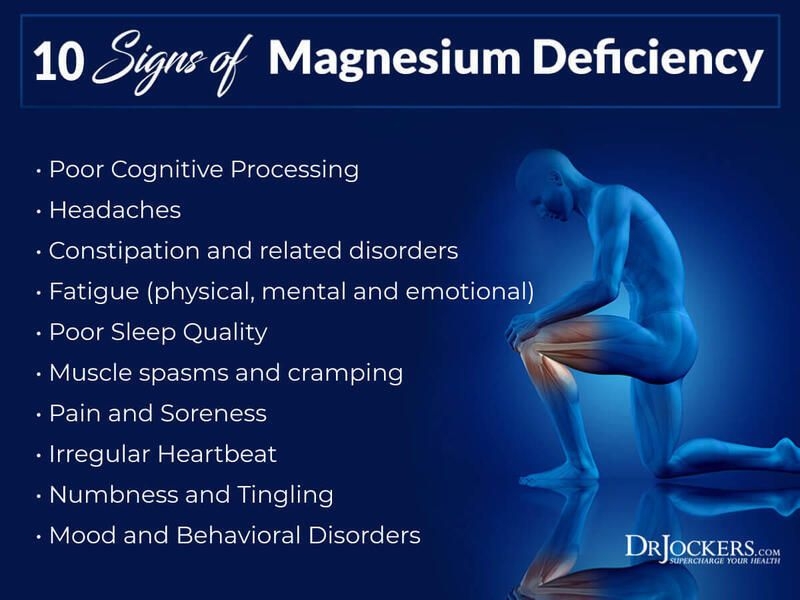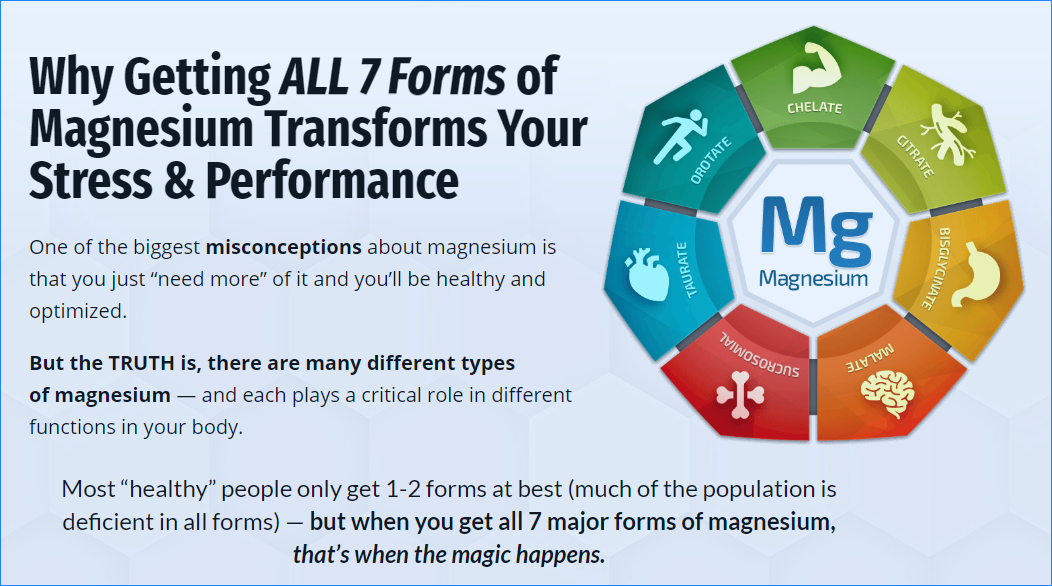Drinking Tea Milk practice
Improved Digestion: The combination of tea and milk can soothe the digestive system. Milk may help buffer the acidity from tannins in tea, reducing potential irritation to the stomach lining, which can be beneficial for people with sensitive stomachs or ulcers.
Bone Health: Milk is a good source of calcium and vitamin D, both of which are essential for maintaining strong bones and preventing conditions like osteoporosis.
Boosted Energy: The caffeine in tea provides a gentle energy boost, while the carbohydrates and protein from milk can offer sustained energy throughout the day.
Better Hydration: Adding milk to tea increases its nutritional value and makes it a more hydrating option, as milk contains water and electrolytes that aid in maintaining hydration levels.
Reduced Stress and Anxiety: The amino acid L-theanine in tea can have a calming effect on the mind, while the warm, soothing nature of milk tea can help relax the body and reduce stress levels.
Drinking Tea Milk practice
Improved Digestion: The combination of tea and milk can soothe the digestive system. Milk may help buffer the acidity from tannins in tea, reducing potential irritation to the stomach lining, which can be beneficial for people with sensitive stomachs or ulcers.
Bone Health: Milk is a good source of calcium and vitamin D, both of which are essential for maintaining strong bones and preventing conditions like osteoporosis.
Boosted Energy: The caffeine in tea provides a gentle energy boost, while the carbohydrates and protein from milk can offer sustained energy throughout the day.
Better Hydration: Adding milk to tea increases its nutritional value and makes it a more hydrating option, as milk contains water and electrolytes that aid in maintaining hydration levels.
Reduced Stress and Anxiety: The amino acid L-theanine in tea can have a calming effect on the mind, while the warm, soothing nature of milk tea can help relax the body and reduce stress levels.











